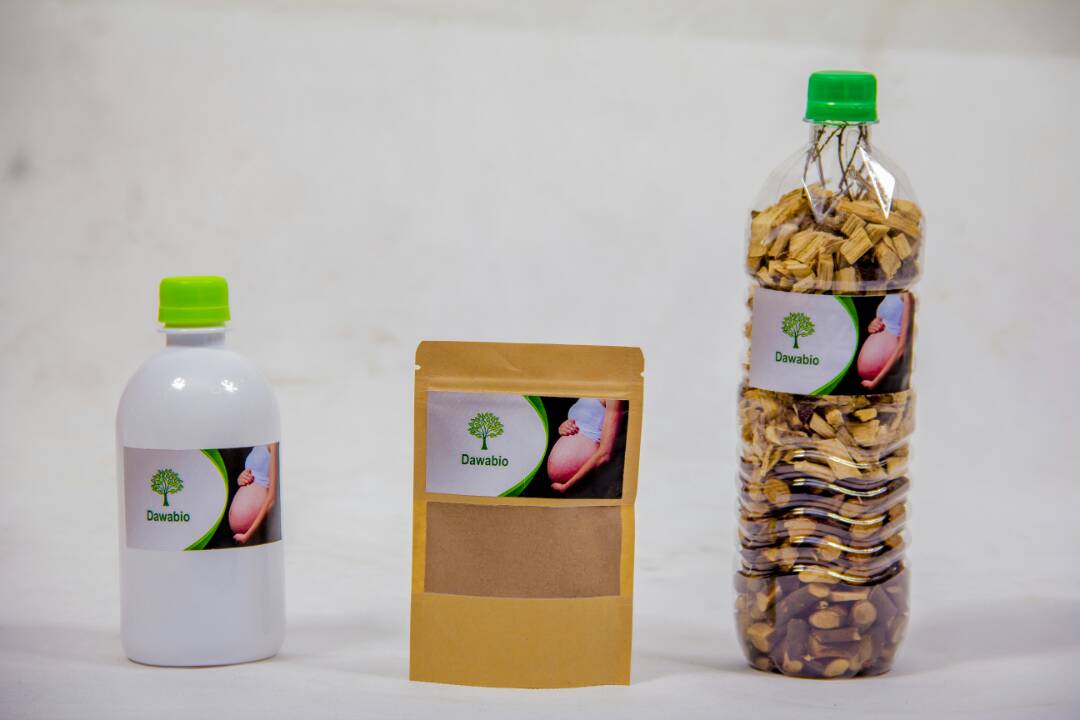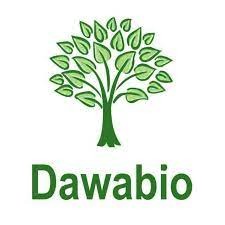The adenomyosis uterus is often defined as the internal endometriosis in the uterus. It corresponds to the infiltration of the cells of the endometrium (uterine lining) into the muscle of the uterine wall (myometrium), which results in the thickening of the myometrium. However, Dawasanté experts provide you with a natural treatment based on medicinal plants to permanently cure adenomyosis.

Adenomyosis can be diffuse or focal (one or a few foci within the myometrium), superficial or deep. Diffuse adenomyosis is the most common. Namely: there is a link between endometriosis and adenomyosis but a woman can have endometriosis without adenomyosis or have adenomyosis without endometriosis.
This uterine pathology can affect fertility.
To discover our natural remedy for adenomyosis, click here
We deliver all over the world.
For more information, you can contact our experts on +229 51374202 direct line or by WhatsApp at the same number.
HOW ADENOMYOSIS RELATES TO INFERTILE
Adenomyosis is the presence of ectopic endometrial mucosa in the uterine muscle. The clinical symptomatology of adenomyosis is dominated by menometrorrhagia with pelvic pain and infertility. The diagnosis of adenomyosis is accessible on ultrasound, it will be confirmed or confirmed by MRI. Adenomyosis can be isolated or associated with endometriosis. The role of adenomyosis in female infertility is starting to be well-defined (chronic inflammation with ovulation disorder, contractility abnormalities and difficulty of implantation). The therapeutic modalities are medical, surgical and may involve embolization of the uterine arteries.
Always for in-depth the relationship between adenomyosis and infertility :
- Ballester et al. evaluated the cumulative rate of pregnancy after surgical treatment of colorectal endometriosis (68.6%) and found, in women with adenomyosis a rate of 19% against 82.4% in women without adenomyosis (OR: 0.34 with a 95% CI % (0.12-0.99)).
- -Kunz et al. conducted in 2005 a study in 227 infertile women, 160 with endometriosis and 67 without. The prevalence of adenomyosis is 79% in women with endometriosis, rising to 90% in those with a fertile partner (mobility of type “a” sperm greater than 20%), a significant difference (p <0.01). This can be explained by an alteration in the uterine transport of sperm due to changes in the junction area.
- -Kissler et al. studied these disturbances in uterotubal transport in hysterosalpingography. There was a correlation with the increase in the junction area and a difference between focused and diffuse adenomyosis. In the group of women with diffuse adenomyosis, 10% bilateral and 15% contralateral transport was observed. In focused adenomyosis, the rates were 40% and 35%, respectively.
These results are therefore arguments for IVF management of women with adenomyosis. Adenomyosis is responsible for a 30% decrease in the chances of pregnancy in AMP as well as an increase in the rate of spontaneous miscarriages. In infertile women with adenomyosis, there is a decrease in the implantation rate. In the case of gastrointestinal endometriosis surgery, the impact of adenomyosis is even greater, as mentioned above. Indeed, a review of the literature evaluating pregnancy rates after surgery for digestive endometriosis, reports a 68% reduction in the chances of pregnancy in adenomyosis. However, it seems that adenomyosis has an impact on embryo implantation rather than fertilization. However, these data should be qualified with the prospective study by Benaglia, published in 2014, which showed that asymptomatic adenomyosis did not affect the rates of implantation and pregnancy in IVF.
One of the most important parameters for implantation is the junction zone, the thickness of which increases between 20 and 50 years and decreases under treatment with GnRH agonists.
Protocols using a GnRH antagonist have a negative effect on the pregnancy rate. On the other hand, there is no significant difference in IVF / ICSI, between patients with or without adenomyosis, in the event of long protocols (more than 3 months) using a GnRH agonist. Preliminary series argues for a beneficial effect of GnRH analogues, prescribed for a period of 2 to 6 months, on the chances of pregnancy
The adenomyosis is responsible for pathophysiological disturbances decreasing the chances of pregnancy ; however, its effect during IVF / ICSI management is attenuated by the prescription of long protocols with GnRH agonists. There is also an increase in spontaneous miscarriages, probably related to a particular myometrial activity, according to some authors. From a therapeutic point of view, the medical treatment is disappointing (except the agonists ) and the surgical treatment must be reserved for the localized forms ( adenomyosis ). Therefore, the support in AMP should be preferred in cases of adenomyosis but remains complex. In the coming years, the SPRMs (currently under study) could provide satisfaction.
However, the high suspicion of its relation to endometriosis, a much more well-known pathology and having a close relation to infertility, has caused us to think for a long time in possible relation with the difficulty to get pregnant, and also suggested a link with worse outcomes after assisted reproduction treatment.
Currently, in view of the effects that adenomyosis produces on the uterus, it has been verified that there is a high discrepancy between what we observe and what the patient feels. That is to say that it is possible that we are in the presence of a uterus very affected or even deformed by adenomyosis and that this does not cause any symptoms in the patient or, on the contrary, that we observe slight clues and that we were dealing with a patient with severe symptoms. A uterus that is capable of producing very severe symptomatology could equally present difficulty in permitting embryonic implantation and therefore cause infertility which is difficult to resolve via infertility treatment.
Its relationship to repeated embryonic implantation defects has been suggested in much research, but cannot be confirmed due to inconsistency in diagnosing adenomyosis. What is clear is that in a patient with an implantation defect (more than 4 embryos transferred of good quality without obtaining pregnancy) the diagnosis of adenomyosis is of particular interest since a targeted and specific treatment of this pathology could improve the results of reproductive treatment.
To discover our natural remedy for adenomyosis, click here
We deliver all over the world.
For more information, you can contact our experts on +229 51374202 direct line or by WhatsApp at the same number.
 First Phytotherapy Boutique Tel: +229 66 23 89 56 FREE DELIVERY ALL OVER THE WORLD
Your Health, Our Priority. Be fearless with us
First Phytotherapy Boutique Tel: +229 66 23 89 56 FREE DELIVERY ALL OVER THE WORLD
Your Health, Our Priority. Be fearless with us